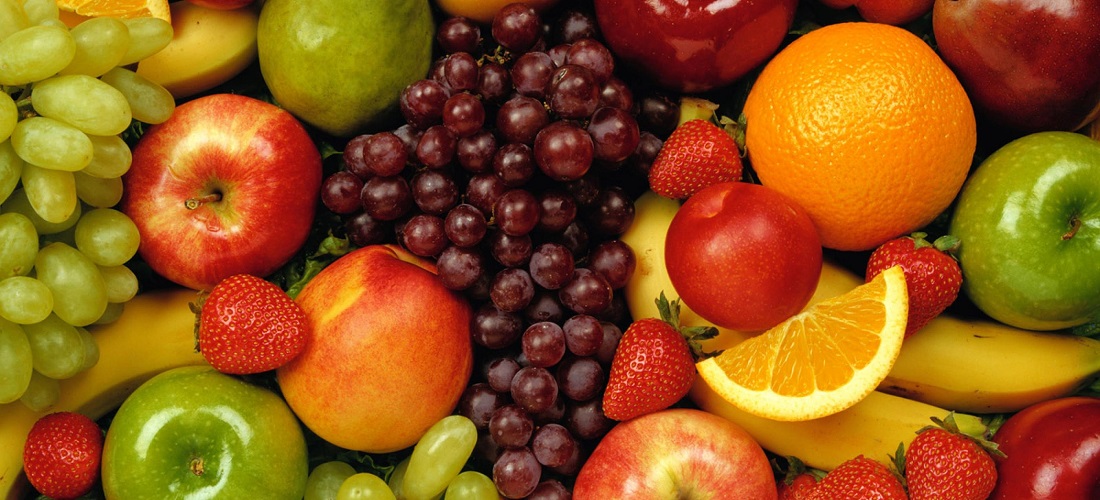
Brazilian fruit exports: government and producers ally to come up with strategies
Feb, 02, 2022 Posted by Gabriel MalheirosWeek 202205
Brazilian fruit producers, responsible for creating around 5.5 million jobs, aim to increase exports to traditional destinations and reach new markets. China, knowing that the country consumed US$ 138.9 billion in fruits in 2020, is the industry’s primary target.
The strategy elaborated with the aid of the Ministry of Agriculture (Mapa) is gaining traction, as evidenced by the visit of Carlos França, Minister of Foreign Affairs, to the São Francisco Valley, one of the country’s largest fruit export hubs located between Pernambuco and Bahia, on January 21st.
Accompanied by Augusto Pestana, president of the Brazilian Trade and Investment Promotion Agency (Apex-Brasil), França visited the region at the invitation of the Brazilian Association of Producers and Exporters of Fruits and Derivatives (Abrafrutas). In Petrolina, the chancellor visited farms and wineries and met with producers who emphasized the importance of concluding the free trade agreement between Mercosur and the European Union.
Guilherme Coelho, president of Abrafrutas, clarifies that “among all the grievances of fruit producers that Abrafrutas deals with, the free trade agreement between Mercosur and the EU is the most recurrent one.” The treaty’s signing would eliminate customs tariffs and reduce the costs of exporting Brazilian products to the block’s 27 member-states.
“Grape is an excellent example. When we export to the EU, we pay taxes ranging from 8% to 14%. Other exporting countries, such as Chile, Peru, and South Africa, make no payment. As soon as the free trade agreement enters into force, the EU will reduce import duties to zero,” said Coelho, adding that the exemption would also gradually apply to other fruits.
“We have also discussed [with Minister Carlos França] the importance of making a presence in new markets. Mapa gives us this kind of support by negotiating health barriers and representing our interests on other issues. The Ministry of Foreign Affairs, in turn, could help us identify and communicate with countries interested in our products,” said Coelho.
In 2021, Brazil exported 1.24 million tons of fresh fruit, up 18% from 2020. As a result, the industry earned US$ 1.21 billion, or 20% more than the previous year, according to the National Supply Company (Conab).
Mango, melon, grape, lemon, walnuts and chestnuts, watermelon, banana, apple, and papaya are among the most popular fruits sent abroad in 2021. The European Union, the United States, the United Kingdom, Argentina, and Canada were the top international destinations for Brazilian products.
Despite the positive results, the president of Abrafrutas maintains that Brasil has a long way to go.
To read the full original article, please follow the link:
If you would like to receive the White Paper developed by Datamar on the Brazilian melon market, please send an email to [email protected]
-
Ports and Terminals
Oct, 17, 2023
0
Santos Port Authority receives international award for 3rd consecutive time
-
Grains
Jan, 04, 2024
0
Argentina Grain Hit By 66% Revenue Drop From Exports
-
Shipping
Oct, 19, 2023
0
ZIM Expands its Latin America Network with the Launch of Two Services: ZIM Albatross (ZAT) and ZIM Gulf Toucan (ZGT)
-
Other Logistics
Nov, 24, 2023
0
New cargo port concession studies kick off at Brazil’s Porto Murtinho


